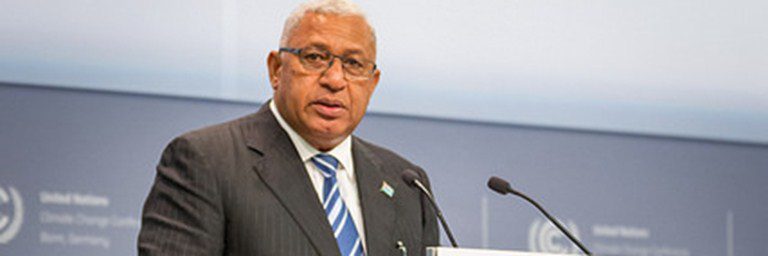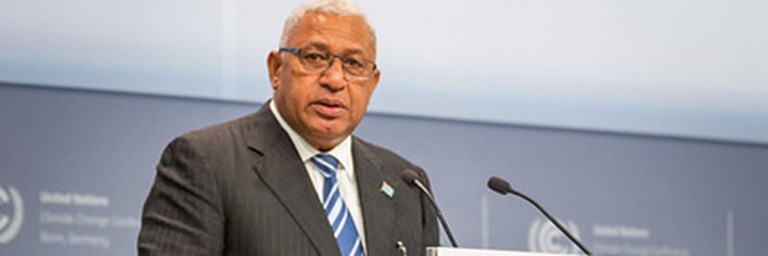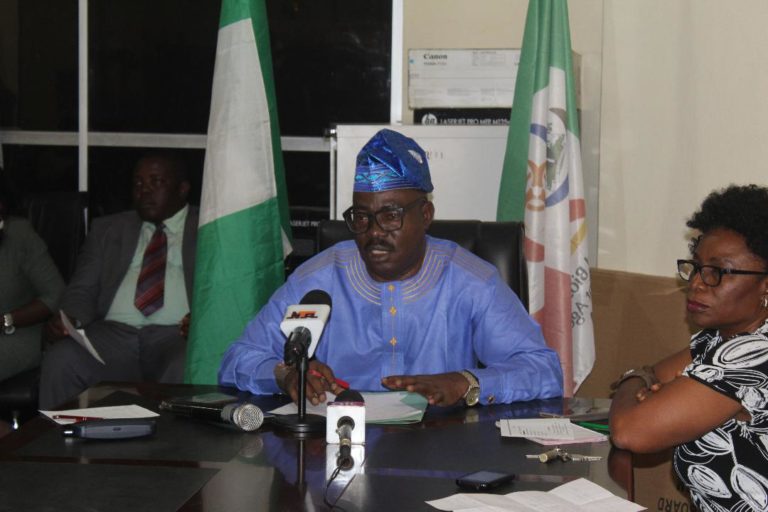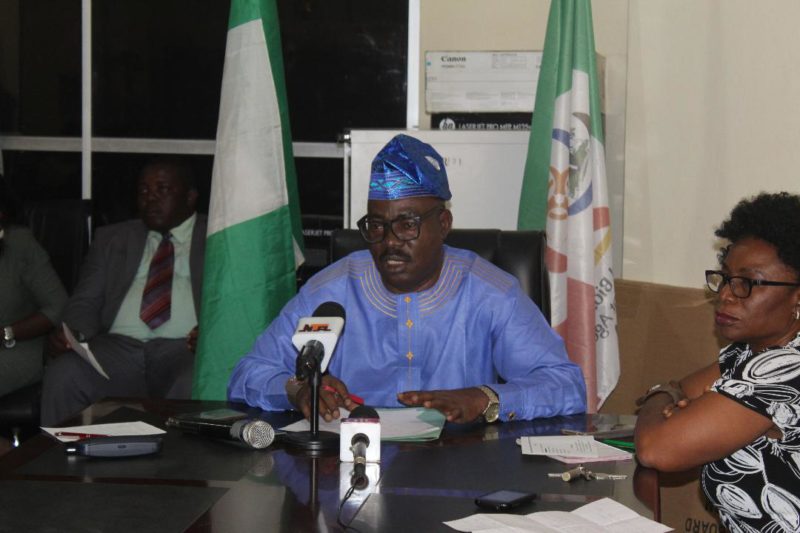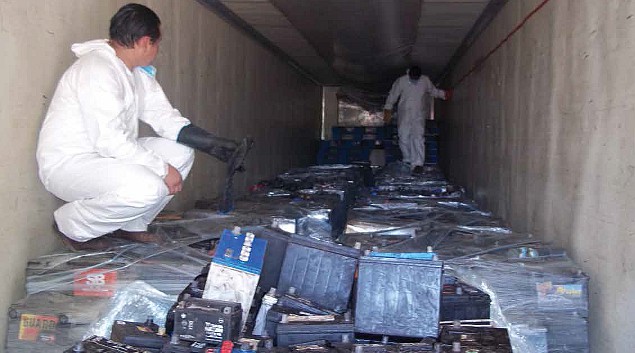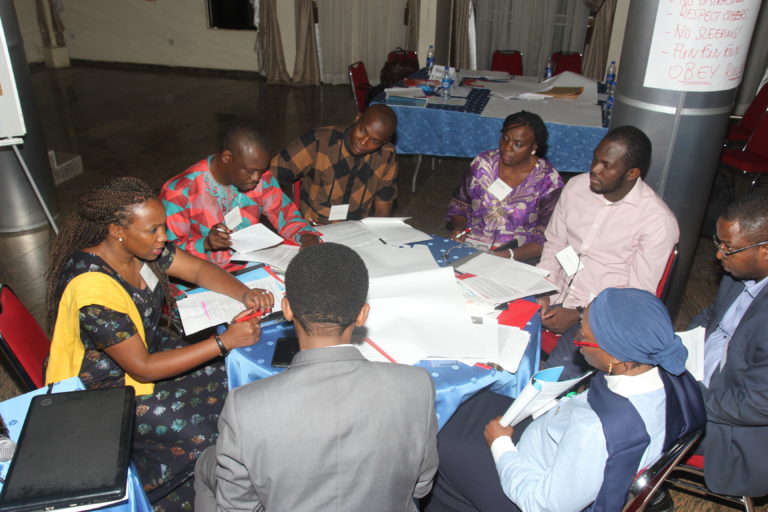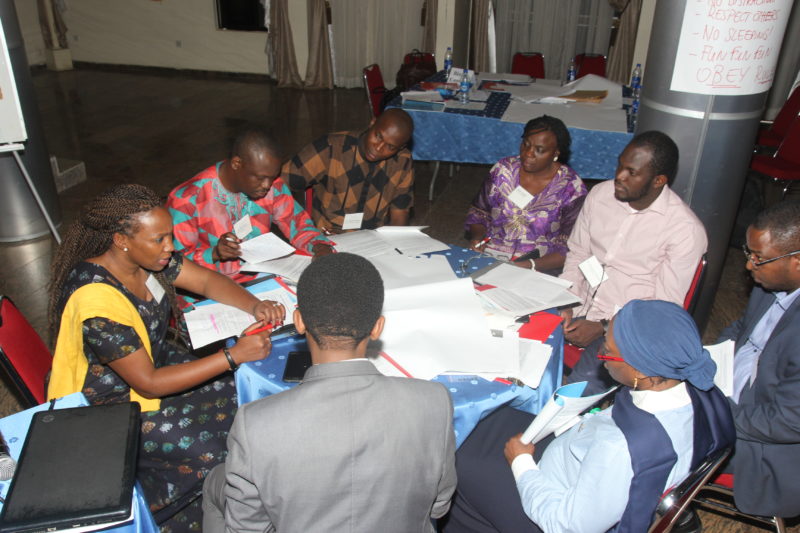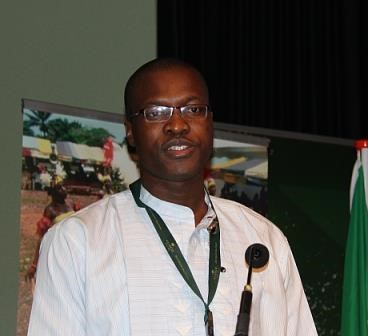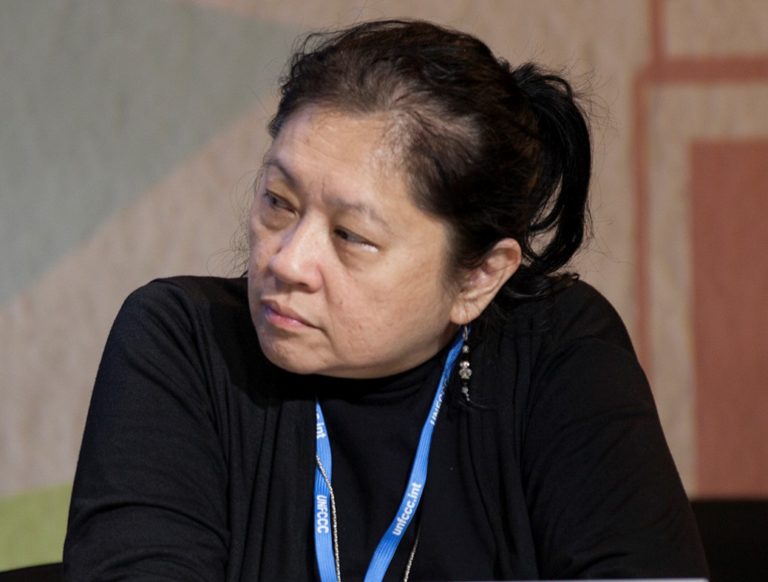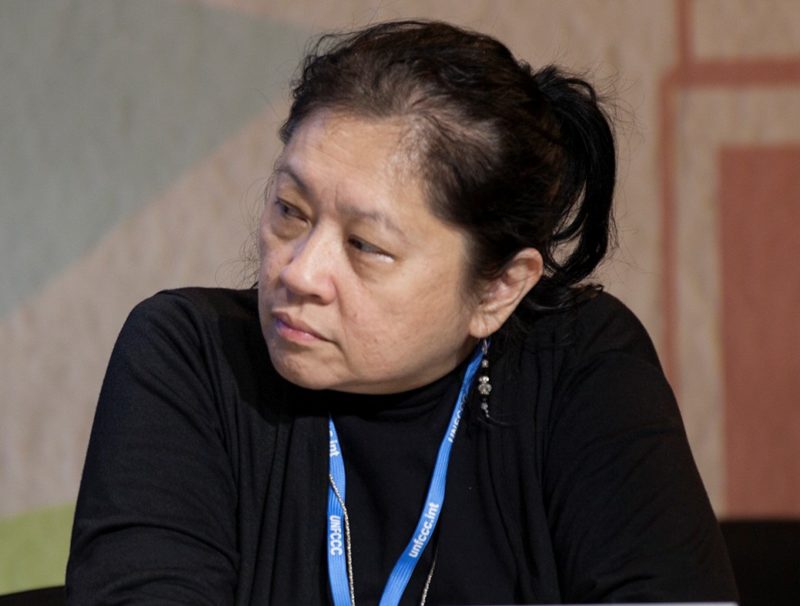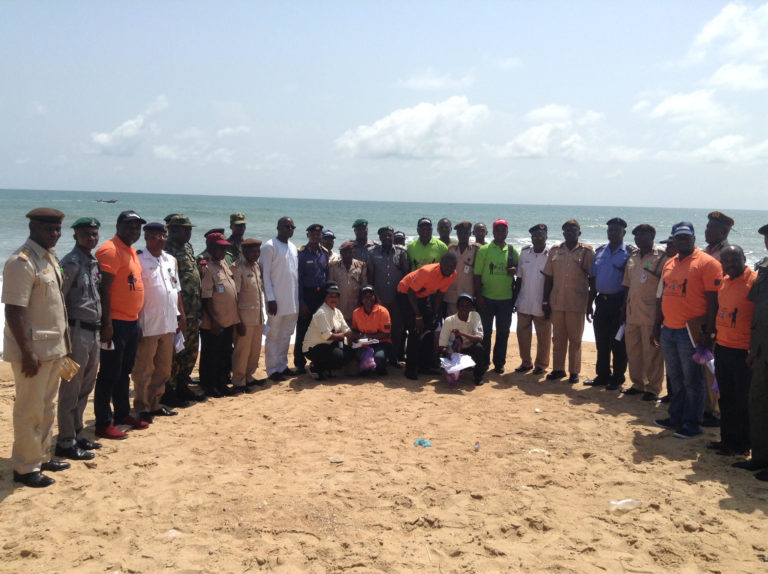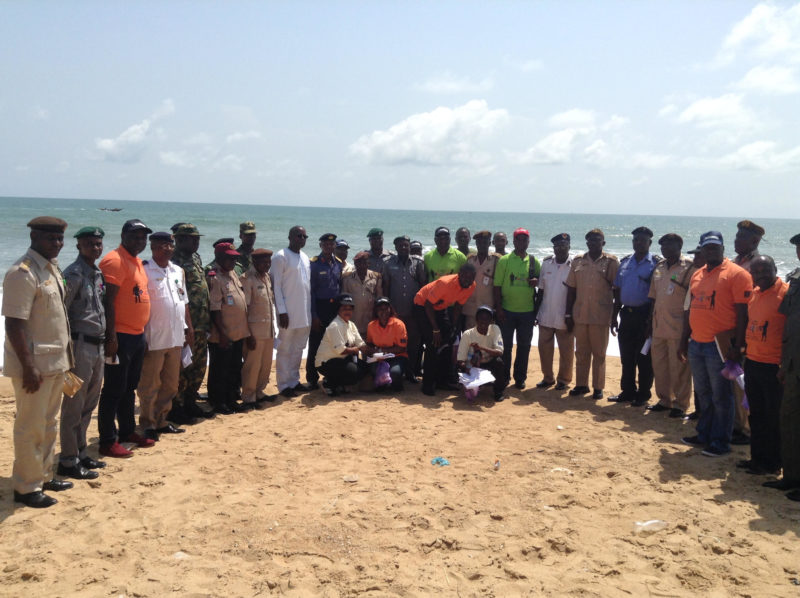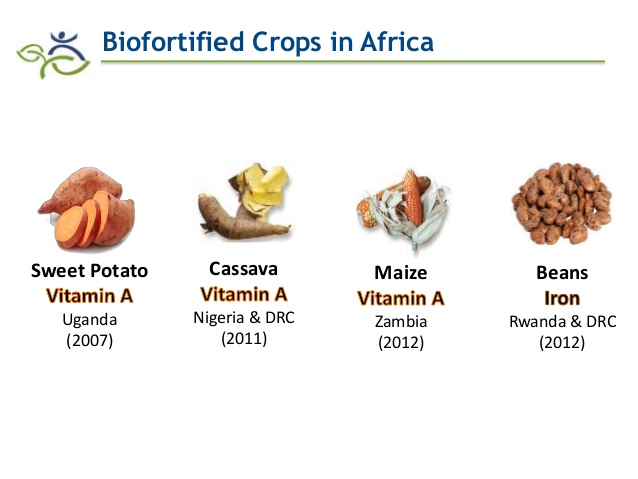The political phase of COP23 began on Wednesday, November 15, 2017, as ministers and some heads of state arrived for the high-level talks. Negotiations at the technical level have reportedly been reasonably successful, but observers wondered if political leaders of wealthy nations will recognise the urgency of moving beyond the cautious limits their negotiators were working within.

“During the past 10 days, they have wasted too much time being unwilling to advance on key and legitimate issues,” said Lucille Dufour, International Policy Adviser, Reseau Action Climate France. “Now is the time to send a strong wake-up call to developed countries so that they come to terms with the urgent need to deliver more action before 2020 and provide sufficient support to the most vulnerable populations, especially for loss and damage.
“Developed countries should remind themselves that these questions are not only about negotiating text or negotiating spaces. This is a matter of people’s lives being affected on a daily basis by the growing impacts of climate change.”
French president, Emmanuel Macron, is one of the leaders making an early appearance.
Dufour set out clear expectations for the French government: that France pushes for greater ambition with the European Union, that at the summit Macron will host in Paris next month, France delivers on the $5 billion it has promised for adaptation and loss & damage, and that Macron’s government aligns its positive statements at the international level with bold domestic climate policy, including swifter action on a transition to renewable energy.
The German Chancellor, Angela Merkel, addressed the UN climate conference on Wednesday, and Jennifer Morgan, Executive Director, Greenpeace International, said Germany risks failing to meet its commitments under the Paris Agreement.
“The key issue on the table is that ten years ago her government committed to a 40% reduction by 2020 and Germany is now missing that target. And the only way that we think that can be changed is if the coalition supports a coal phase-out by 2030. Our expectation is that she’s heard the voices of the vulnerable, she’s seen the candlelight vigils around the world at embassies that have been occurring and that she will signal that she supports a coal phase-out by 2030,” said Morgan.
Mere Nailatikau, Regional Communications Advsior, Oxfam Pacific Region, said, “Our Pacific civil society family is concerned that emissions still rise globally. Many countries are still investing in fossil fuels, while wealthy nations try to block discussions to address loss & damage incurred by their emissions.”
“Support for our affected communities has been at the forefront of our hopes at this Pacific COP. We are concerned that proposals on the table now are weak. Communities hit by climate-related disasters may have to wait longer for help since negotiations here are failing to make meaningful progress on loss & damage finance. We welcome commitments to show real progress towards $100 billion.”
Sven Hamerling, Climate Change Advocacy Coordinator, CARE International said, “There has also been a lot of resistance from developed countries, unfortunately, to even start looking into a process which is about generating additional finance. I think in the overall political setting of this debate, there was a conclusion that we can only get to a certain point and leave further conversations and further fights for more finance to the future.”
The Bonn climate talks are being presided over by Fiji, the first for a small island developing state and are expected to close on Friday.


